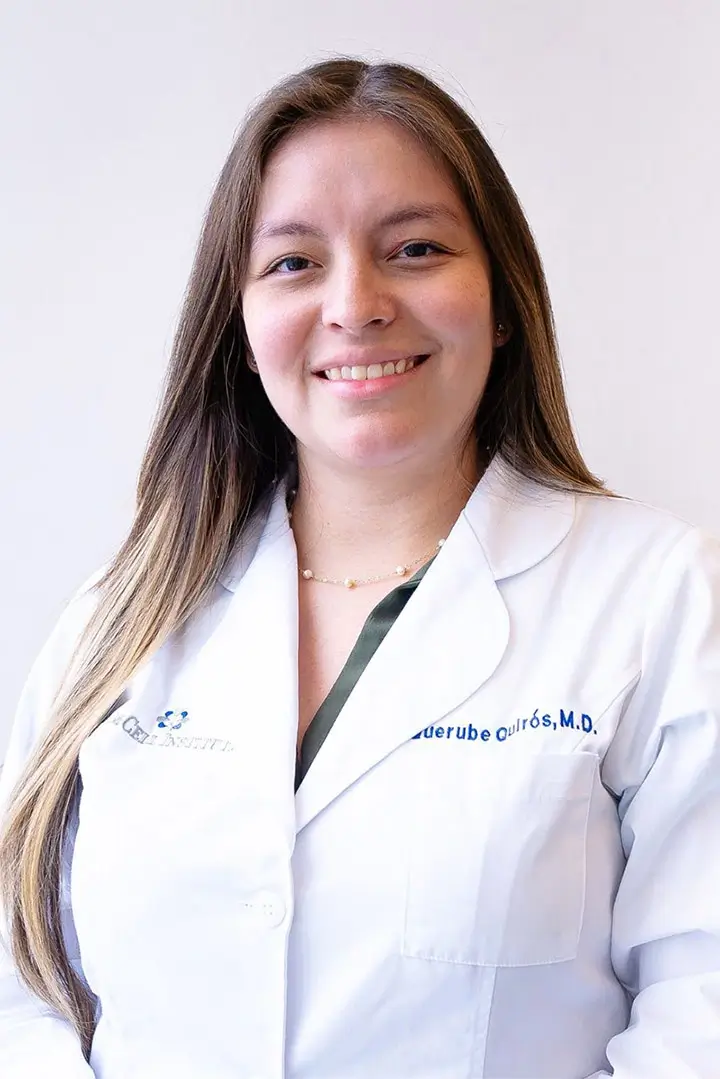Lifesaving umbilical cord transplants may soon be available to more people with $24 million in total funding set aside by the federal government to create the first national cord blood banking system.
Stories of hope and healing fill the hallways at the Duke University Medical Center pediatric bone marrow transplants ward. They treat children who come in suffering from sickle-cell anemia, leukemia, genetic diseases that affect the development of the brain and other body tissues, and cancers that are resistant to standard therapy.
Instead of bone marrow transplants, the healing is often credited to stem cells acquired from a donor’s umbilical cord blood that includes blood from the placenta as well as the cord attached to a newborn baby.
“Cord blood doesn’t have to match as closely as bone marrow, so many people who can never find a perfectly matched bone marrow donor can use cord blood instead,” said Dr. Joanne, director of the pediatric bone marrow and stem cell transplant program at Duke.
In the field of cord blood stem cell transplant, Dr. Joanne is a pioneer. From a network of six hospitals in the state of North Carolina, cord blood is donated to Carolina’s Cord Blood Bank which is run by Duke University. The hospitals include, Western WakeMed in Cary, Rex Healthcare in Raleigh, Greensboro Women’s Hospital, UNC Hospitals, and of course, Duke University Medical Center.
Because banks operate on limited private donations, health experts say that cord blood is in short supply. The process of collecting and cataloging cord blood can also be expensive.
“On average, it costs approximately $1,600 per unit,” Joanne said.
Committed to the creation of a cord blood donations coordinating center, the federal government has committed $10 million. Still awaiting approval is another $14 million that will help current cord blood banks.
“We’re hoping, with increased funding, that we can open other collection sites, and we’ve had many hospitals around the state approach us to participate,” Joanne said.
More patients that need the transplants will get them, since a larger supply of cord blood units will be available said Dr. Joanne.
Research for cell therapy is being conducted with the stem cells found in cord blood as well. Researchers have found that damaged cells in the liver, heart, pancreas, and brain, can possibly be replaced by cord blood stem cells.
Cord blood stem transplants will also benefit more adults said Dr. Joanne.
“In the beginning of the field, people thought it would only be useful in children because no one believed that a few ounces of cord blood would have enough cells to rescue an adult after a transplant, but it turns out that bigger units have enough cells for an adult,” she said.
Minorities will also benefit from the flexibility of cord blood stem cells.
“This does benefit minority patients, particularly African-Americans, because it’s very unlikely that they can find a fully matched bone marrow donor,” Dr. Joanne said. “But because cord blood only needs to match part-way, they can almost always find a cord blood donor.”

